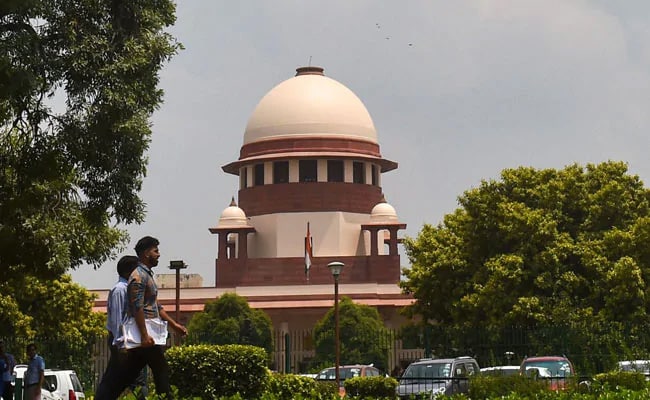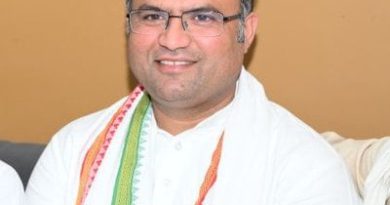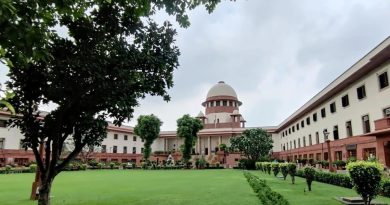“You Don’t Want India To Be Secular?”: Supreme Court On Preamble Petitions
The terms “socialist” and “secular” are part of the Constitution’s basic structure and the courts have repeatedly emphasised this in multiple judgments, the Supreme Court said today. The court made the remarks while hearing a Public Interest Litigation seeking the removal of the terms from the Preamble to the Constitution. Among the petitioners is BJP leader and former MP Subramanian Swamy.
Arguing before the bench of Justice Sanjiv Khanna and Justice PV Sanjay Kumar, petitioner and advocate Vishnu Shankar Jain said the 42nd Amendment to the Constitution in 1976, which affected these changes, was never debated in Parliament.
Justice Khanna responded that the matter has been debated at length. “Please see Mr Jain, the words have varied interpretation. Both words have different interpretations today. Even our courts have declared them, time and again, as part of the basic structure (of the Constitution),” he said.
“Socialism can also mean there has to be fair opportunity for all, the concept of equality. Let’s not take it in the Western concept. It can have some different meaning as well. Same with the word secularism,” he added.
Advocate Ashwini Upadhyay, also a petitioner, referred to the Emergency imposed by the Indira Gandhi government during which this amendment was affected. “I don’t want to say much on what Justice HR Khanna did and saved us,” Mr Upadhyay said.
The reference was to the Supreme Court’s 1976 judgment that held that a person’s right to not be unlawfully detained could be suspended in the interest of the State. Justice HR Khanna was the lone dissenting voice in the 4-1 judgment of the Constitution bench. Justice Sanjiv Khanna is Justice HR Khanna’s nephew.
Responding to the lawyers’ arguments, Justice Khanna asked, “You don’t want India to be secular?”
Advocate Jain responded, “We are not saying India is not secular. We are challenging this amendment.”
“If one looks at the right to equality and the word ‘fraternity’ used in (the) Constitution as well as the rights under Part III, there is a clear indication that secular has been held as the core feature of (the) Constitution. I can cite cases for you. When secularism was debated, there was only the French model. The Supreme Court has struck down statutes that go against secularism. You may look at Article 25. For socialism, we have not followed the Western concept and we are happy on it,” Justice Khanna said.
Mr Jain said Dr BR Ambedkar opined that the introduction of the word ‘socialism’ would curtail liberty, Justice Khanna asked, “Has liberty been curtailed? Tell me?”
Advocate Upadhyay said the addition of these two words to the Preamble opened a Pandora’s box. “We have always been secular. By this insertion, a box has been opened, tomorrow the word democracy can be removed or anything,” he argued. “There was no will of the people during the insertion of these words. No will of ‘we the people’,” he said. “There would have been numerous legislations which may have been passed then,” Justice Khanna replied.
BJP leader Subramanian Swamy said the Preamble mentions the date November 26, 1949. “I want to present how this is wrong. This could be somewhere else but not in the Preamble.”
“We can have a Preamble in two parts. It is wrong to say that we the people of India have consented towards the enactment of the words ‘secularism’ and ‘socialist’. There could be two parts of the Preamble, one with the date and one without,” he said.
Justice Khanna asked the petitioners to submit relevant documents so it could examine them. The bench refused to issue notices and said the matter would be listed next on November 18.
Disclaimer: (Only the headline and picture of this report may have been reworked by the KanoonKiBaat staff; the rest of the content is auto-generated from a syndicated feed.)
Source Link





